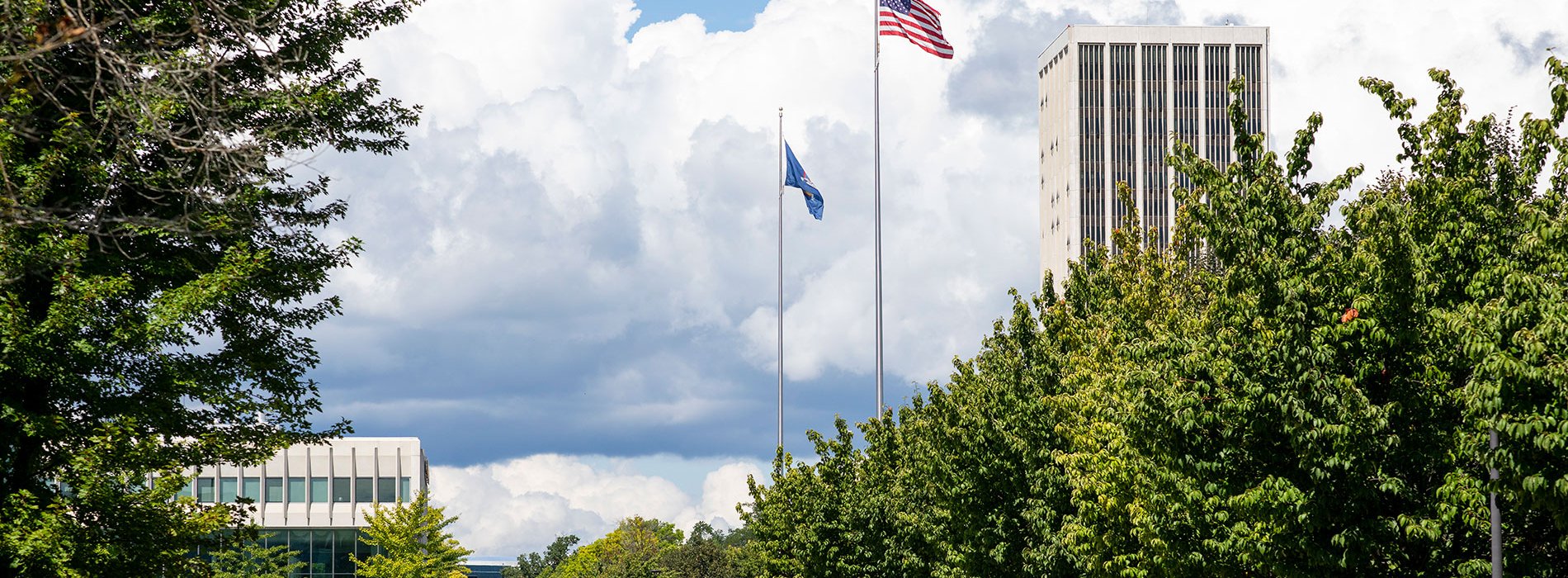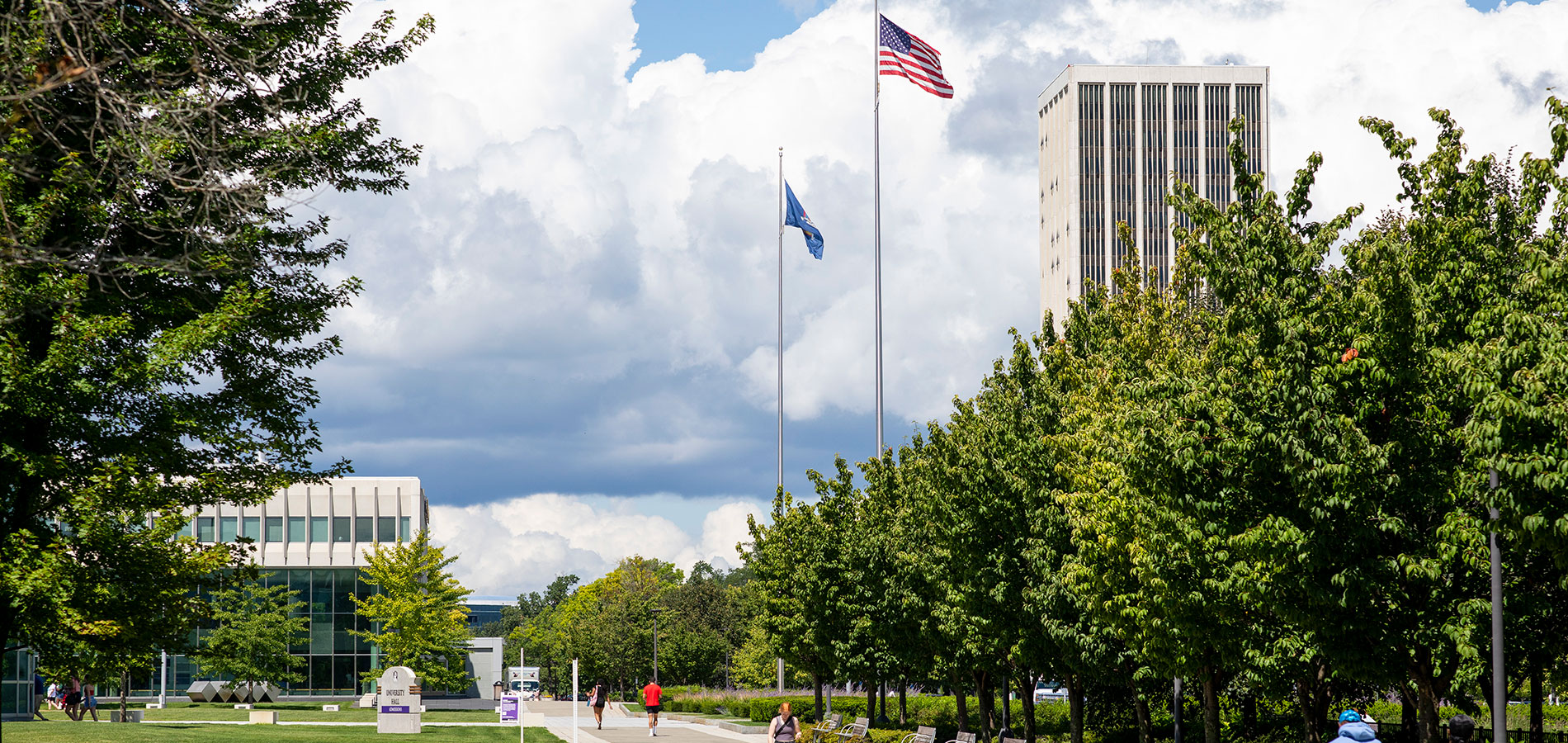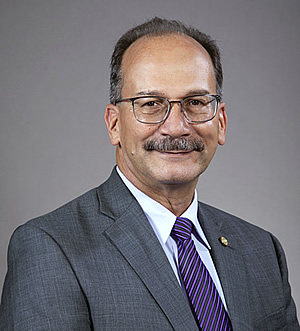A message from the President
Public universities by definition must be bastions of free speech and freedom of expression. We must tolerate all forms of protected speech, even when that speech does not align with our individual or institutional values.
As we uphold this critical constitutional right, we must also cultivate a campus climate where we are comfortable expressing ideas and learning about other viewpoints.
At the same time, the health, safety and well-being of our campus community must be our number one priority. This is why we have put in place strengthened practices governing the expression of free speech that protect all parties, whether speakers, audience members, or bystanders.
Please explore this website to familiarize yourself with our free speech policies. Thank you for your engagement and support on this critical issue. We welcome your feedback as we strive to create a campus climate that is welcoming, safe, and inclusive.
Sincerely,
Havidán Rodríguez
President







